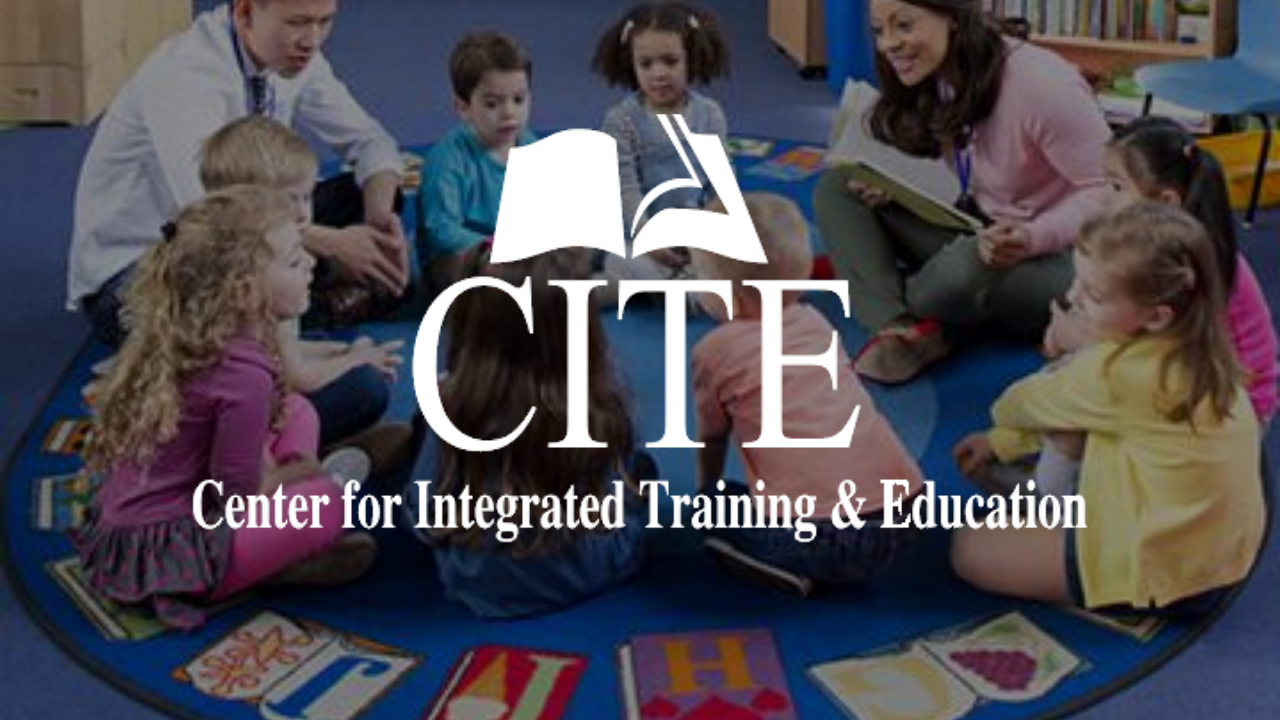
Challenging Inequality in the Classroom
Inequality in Schools
by Andrew Henry
It’s interesting to see which schools never had computer classes, which schools never had new books, what equipment the science teachers and gym teachers had, the differences in after-school programs from school to school. There are many variations of inequality within the school system and many of them relate to race. In many cases Black students are just not afforded the same opportunities as their white peers.
Study International News reported that, “In the United States, black students are significantly less likely to be chosen for gifted student programs than their white classmates. Gifted programs provide especially bright students with specialized direction to help them fulfill their potential. However, data from the US Department of Education shows black and Hispanic students make up 40 percent of public-school students but make up only 26 percent of students enrolled in gifted programs.”
That clearly doesn’t seem fair and educators must make it their duty to recognize the potential in all kids despite their race, financial status, background or living conditions.
The National Education Association had some great insight on ways to take action:
A first step is for educators to recognize and demand changes in the racial conditions outside the schools that make their work so much harder. Housing policy, wages policy, health care, and day care are among the most urgent issues. A second is to demand that there be a Civil Rights agenda for our schools. A third is to develop and implement training and support plans to give the nation’s teachers the skills they need to better work with students of all backgrounds and to teach with materials and practices that fully recognize the contribution of all cultures and races to the United States.
There’s always more we can do to create a just education system. The Guardian shared “5 ways teachers can challenge inequality in the classroom” that teachers should adapt:
- Rethink ability grouping
- Check your language
- Make the curriculum relevant
- Avoid quick-fix punishments
- Nurture relationships
To learn more about these five ways to challenge inequality visit the full article here.
Shattering inequality in the education system starts with us.
____________________________________
CITE is the Center for Integrated Training and Education. For over 25 years, CITE has and continues to train TEACHERS (Masters in General and Special Ed, Special Ed Extension,Grad Courses, Bilingual courses, TESOL, DASA); COUNSELORS (School, Mental Health Masters, Advanced Certificate); and ADMINISTRATORS (School Building Leadership, School District Leadership, Public Administration, Doctorate) in all five boroughs of NYC, Yonkers, Westchester, and Long Island.
CITE PD offers CTLE-approved in-school professional development tailored to your school’s needs and your vision. Info: citepd.com
Currently, during COVID, our summer courses are all online.


